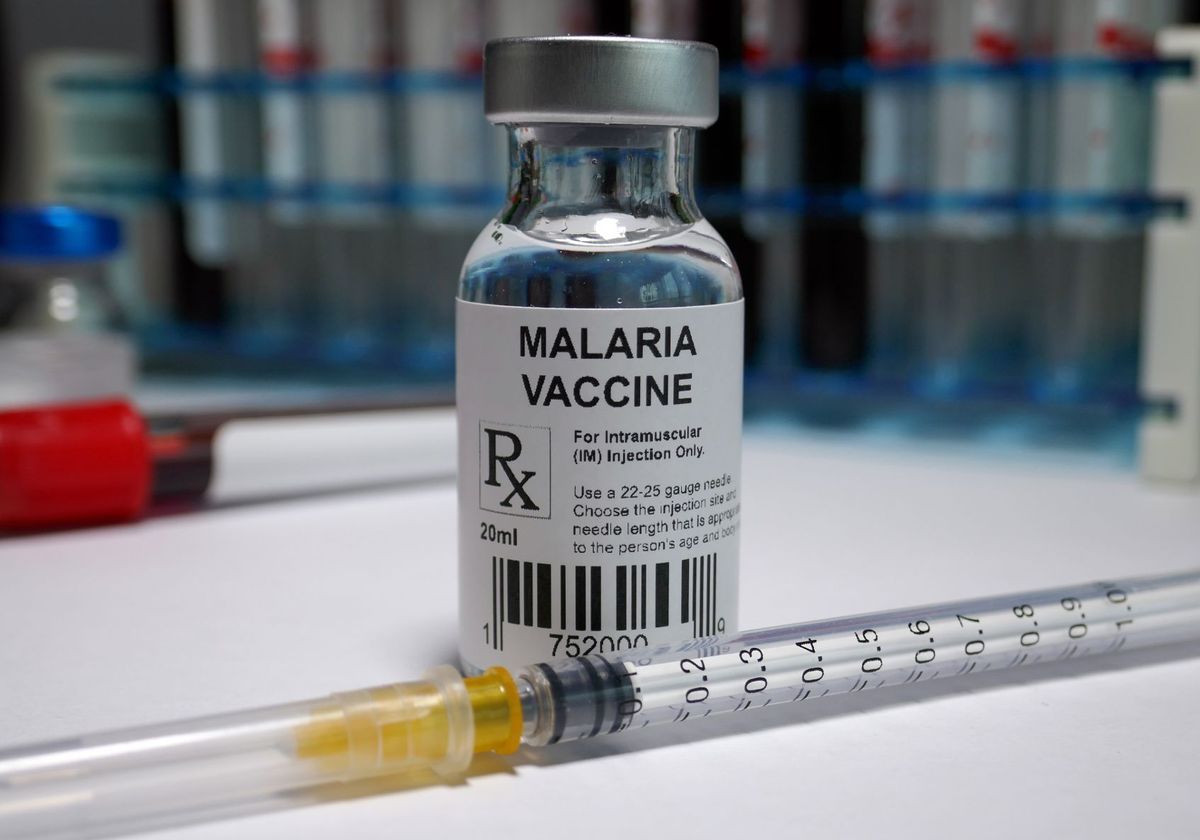R21: WHO pre-qualifies second malaria vaccine
The World Health Organisation (WHO) has added the R21/Matrix-M malaria vaccine to the list of pre-qualified vaccines. A statement from the organization on Thursday said this makes it the second malaria vaccine to be pre-qualified by WHO, and a significant milestone in the prevention of the disease. In October 2023, WHO recommended its use for […]

FILE PHOTO: Malaria vaccine
The World Health Organisation (WHO) has added the R21/Matrix-M malaria vaccine to the list of pre-qualified vaccines.
A statement from the organization on Thursday said this makes it the second malaria vaccine to be pre-qualified by WHO, and a significant milestone in the prevention of the disease.
In October 2023, WHO recommended its use for the prevention of malaria in children following the advice of the Strategic Advisory Group of Experts (SAGE) on Immunization and the Malaria Policy Advisory.
WHO said the prequalification means larger access to vaccines as a key tool to prevent malaria in children with it being a prerequisite for vaccine procurement by UNICEF and funding support for deployment by Gavi, the Vaccine Alliance.
- Yuletide: Police warn against knockouts, fireworks in Benue
- FIRS begins digital capturing of market traders to widen VAT collection
Malaria, a mosquito-borne disease, places a particularly high burden on children in the African region, where nearly half a million children die from the disease each year. Globally, in 2022, there were an estimated 249 million malaria cases and 608,000 malaria deaths across 85 countries.
WHO further said the prequalification of the world’s second malaria vaccine, developed by Oxford University and manufactured by Serum Institute of India, is poised to expand access to malaria prevention through vaccination.
Dr Rogério Gaspar, Director of the Department of Regulation and Prequalification, WHO said “Achieving WHO vaccine prequalification ensures that vaccines used in global immunization programmes are safe and effective within their conditions of use in the targeted health systems.”
Dr Kate O’Brien, Director of the Department of Immunization, Vaccines and Biologicals, said “This achievement underscores our relentless commitment to wiping out malaria which remains a formidable foe causing child suffering and death.”
